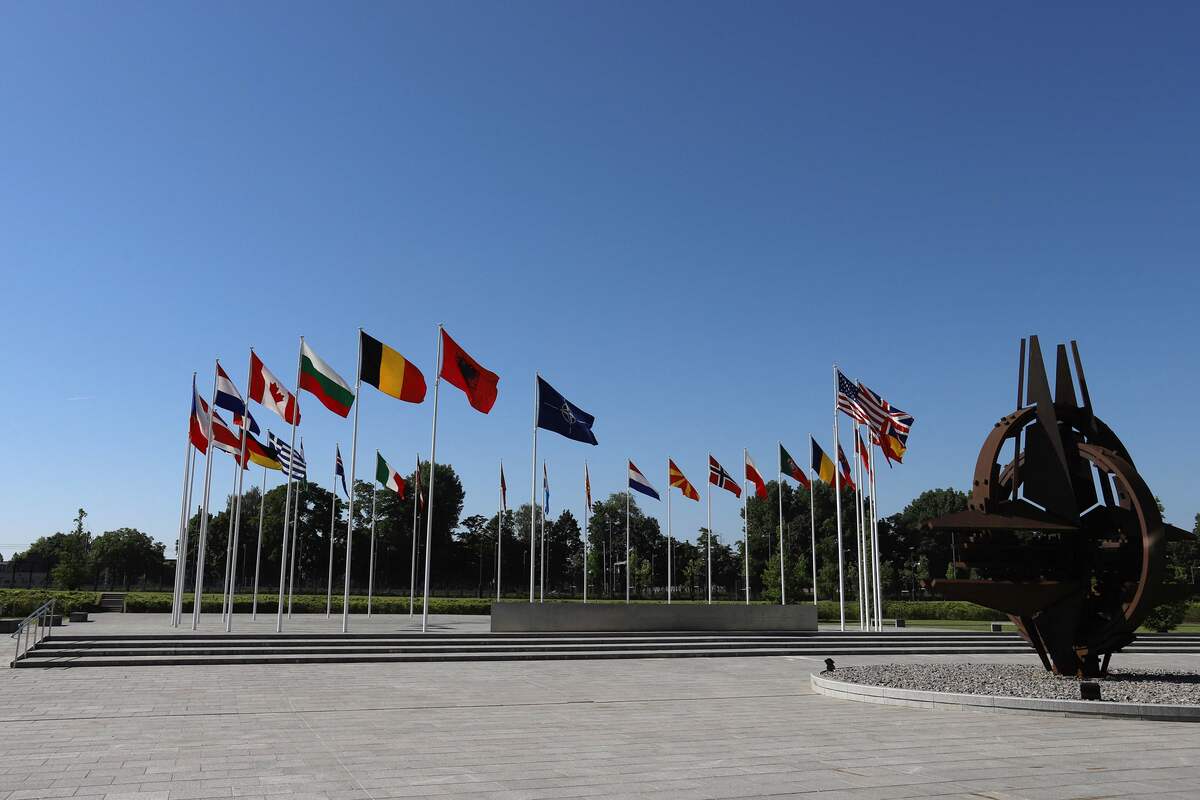Brussels - (AFP) European Union leaders will meet Thursday and Friday in Brussels to try to bridge their divisions and find a common response to soaring energy prices that are causing social unrest.
The war in Ukraine and the sanctions imposed on Russia shocked the prices of oil, gas and electricity. But Europe has been moving slowly since February due to the sometimes conflicting interests of member states.
However, the situation requires rapid action, as thousands of European companies fear for their survival due to competition from the United States and Asia, where prices have remained lower. In Germany and France, thousands of people demonstrated against the high cost of living.
Several diplomats expected the discussions to be long between the leaders of states and governments.
Spain's Minister of Environmental Transition, Teresa Ribera, openly criticized the European Commission's work in an interview with Agence France-Presse.
"The proposals are still a bit shy, we still lack concrete action on most issues. A real effort was made a year ago (...) but it is very unfortunate to see how slow Europe's response to the challenge we face is," she said.
During the recent Prague summit in early October, several leaders attacked the head of the European Commission, Ursula von der Leyen.
Polish Prime Minister Mateusz Kuravici accused her of representing German interests.
Italian Mario Draghi said, according to statements reported to Agence France-Presse, that "seven months of delay is causing us a recession."
However, the President of the European Commission faces divisions among the twenty-seven countries that adopt a different mix of energy sources. Some depend on nuclear power and others on gas or even coal to produce electricity.
These countries are also divided over the issue of capping the price of gas used to produce electricity. Such a mechanism is applied in Spain and Portugal, where it has allowed prices to decline.
And calls for several countries such as France to expand this mechanism, "Iberian" to become at the level of the European Union.
However, Germany opposes this, in addition to several northern countries, including Denmark and the Netherlands, which are reticent about the authorities' interference in the markets.
Berlin believes that lowering prices artificially harms the goal of saving energy and pushes for more consumption.
German Chancellor Olaf Scholz said Thursday that setting a ceiling for gas prices can only succeed through close cooperation with partners from outside the European Union such as South Korea and Japan.
He added, speaking to parliamentarians before the start of the EU summit, that setting a price ceiling "carries the risk that producers will sell their gas elsewhere, and we Europeans will end up with less gas instead of more."
The summit draft results call on the Commission to prepare a proposal on this mechanism.
"The Iberian pattern deserves to be studied," von der Leyen said Wednesday. "Some questions remain, but I don't want to neglect any possibility."
"It is important to move forward more quickly on this front. We should not ask the Commission four times to get a proposal," Teresa Ribera stressed.
Von der Leyen detailed other proposals this week, including organizing gas purchases jointly, new rules in an effort to force gas sharing in Europe to help countries in difficulty, or reforming the gas market index (European Gas Exchange), which is used as a reference in transactions.
A European diplomat said, "There is progress, but without a major breakthrough. The priorities are different. Germany prefers security of supplies because it can afford high prices, but many countries cannot face the cost."







Share your opinion
European Union leaders continue to search for a solution to the rise in energy prices